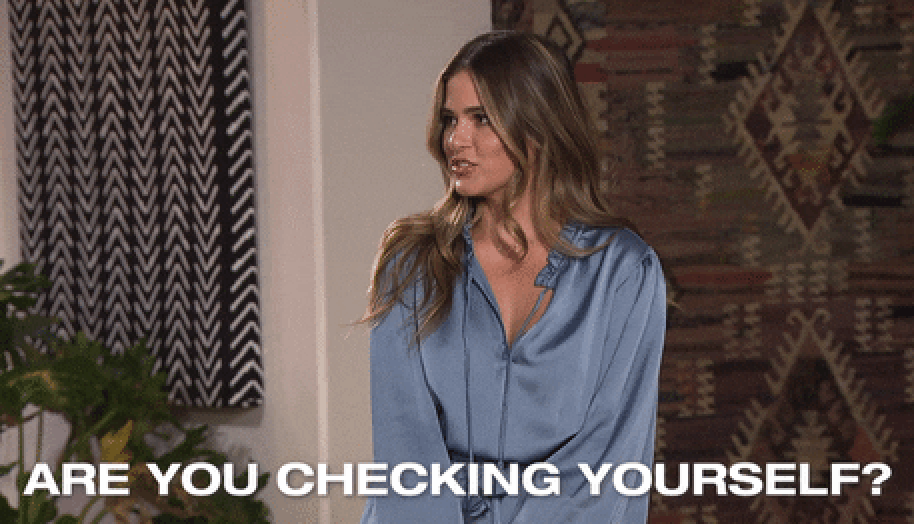Picture this: You're scrolling on social media and you see a post that you like. Pleased, you decide to look at the comments to see what other people are saying about it. And when you do, you're immediately like, "WHOA, I DID NOT EXPECT THE VIBES TO BE THIS HOSTILE."
Have you experienced this? Sarah Lockwood — a 26-year-old content creator and life coach — definitely has, and she recently went viral for calling it out and dubbing this phenomenon the "What About Me Effect."
In Sarah's video, which currently has almost 4 million views, she elaborates on the What About Me Effect, which she says, "Basically combines individualistic culture with being chronically online, and it is rampant on TikTok."
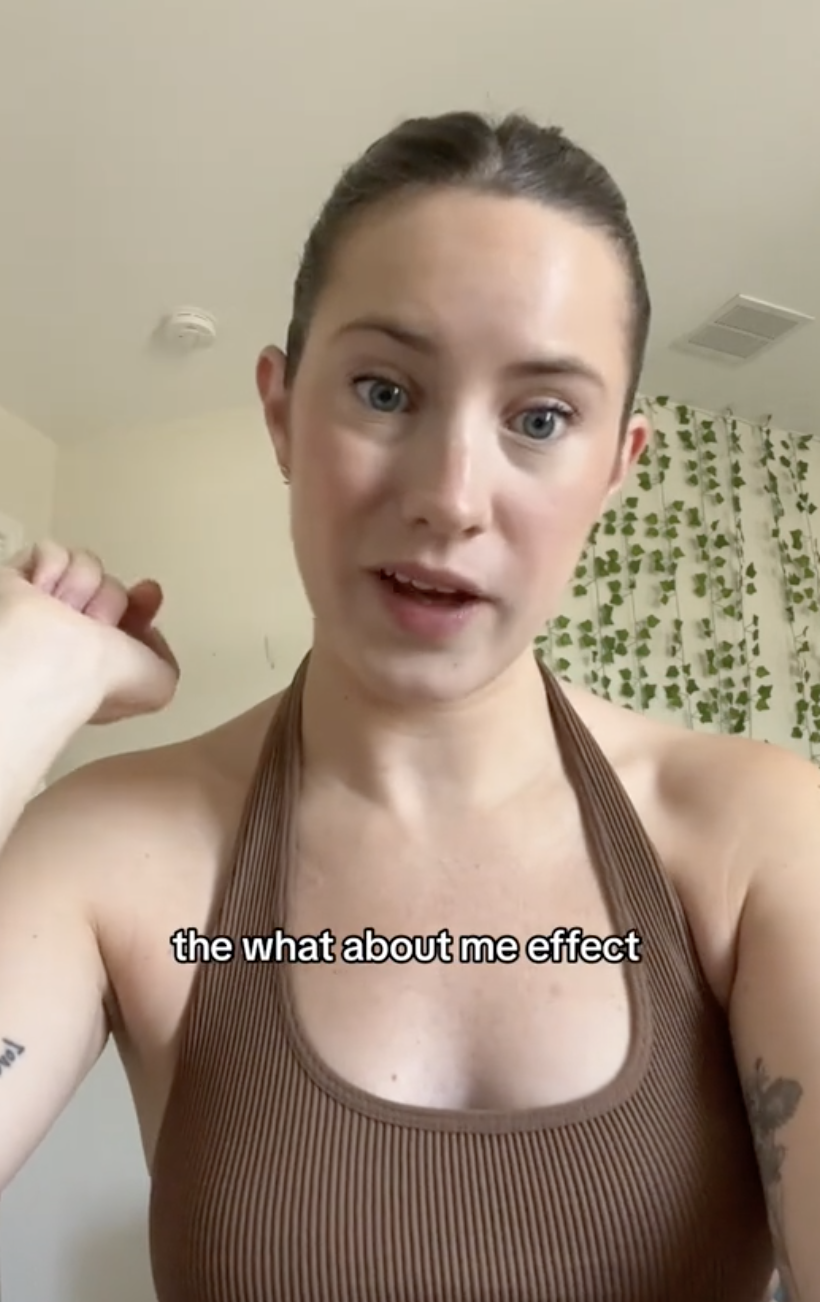
She continues, "The What About Me Effect is when someone sees something that doesn't really pertain to them, or they can't fully relate to, and they find a way to make it about them, or try to seek out certain accommodations for their very nuanced personalized situation instead of recognizing that maybe they're just not the target audience for that thing."
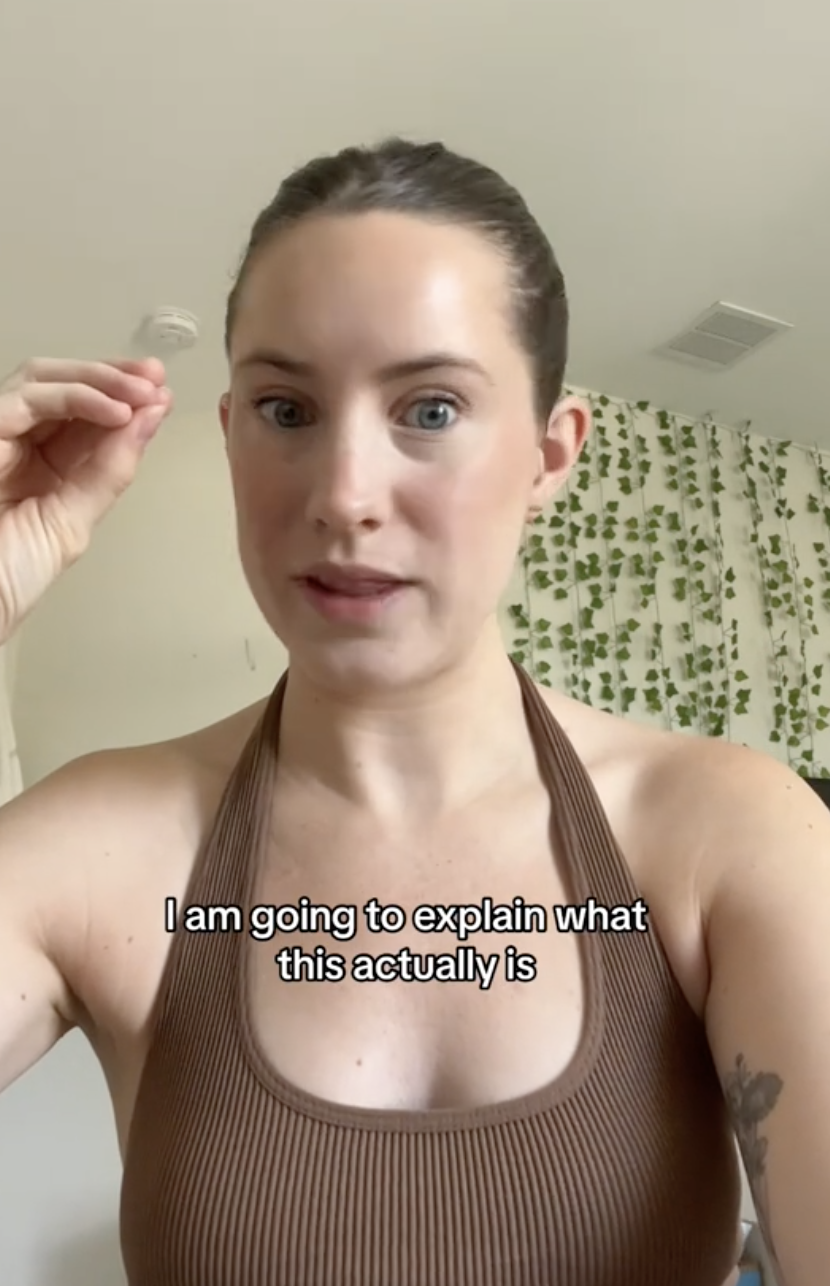
Sarah then gives a perfect example of the What About Me Effect: The "Bean Soup" debacle. "If anyone has seen the Bean Soup video, where this girl, she makes, like, a bean soup that's high in iron to help with your period, and it has, like, a gajillion different beans in it, and it's called BEAN SOUP..."
"...and she got all of these comments being like, 'Well, what should I do if I don't like beans?' 'Well, how do I make this without the beans?' 'Can you substitute the beans?' Instead of just saying, 'Hey, if I don't like beans, maybe I shouldn't watch this BEAN SOUP video.'"




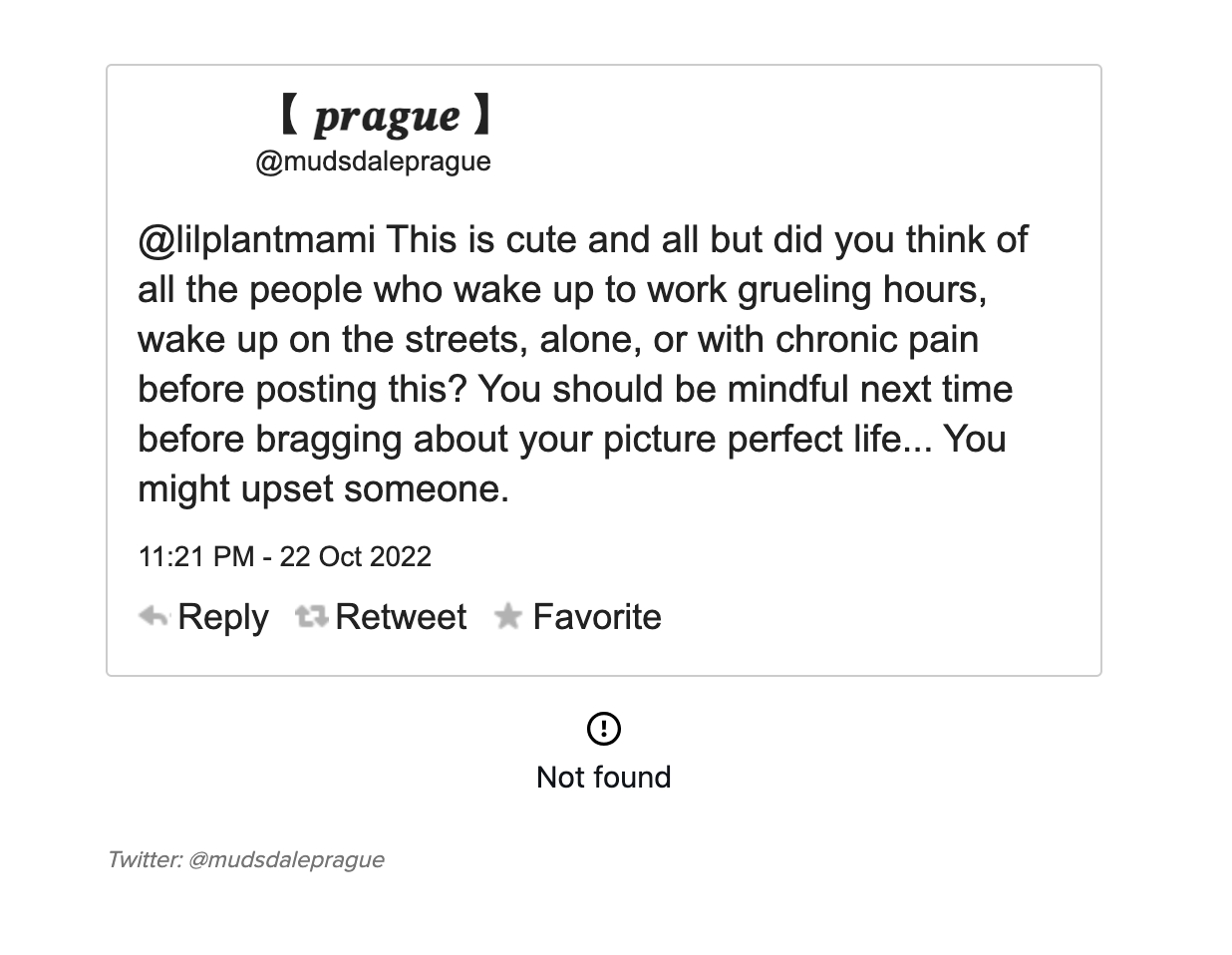
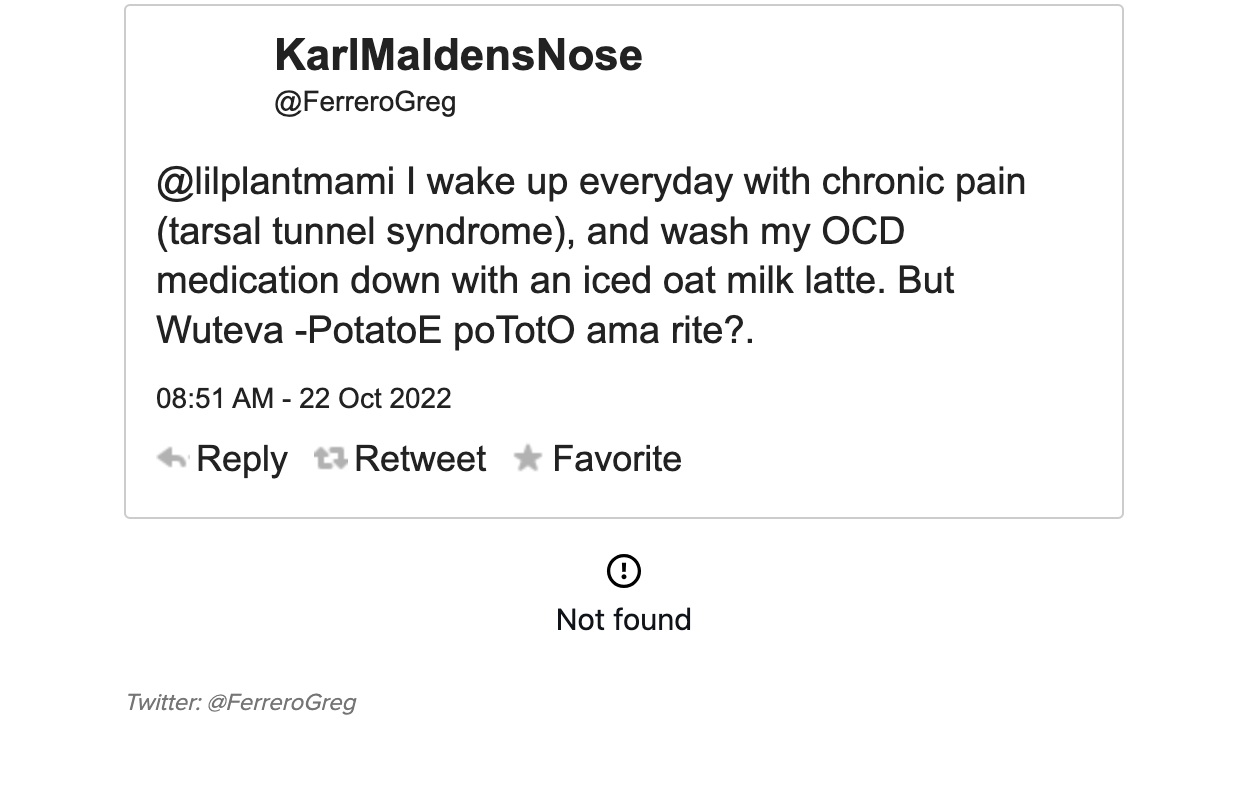
Further along in Sarah's video, she mentions how many people simply view this kind of thing as a lack of common sense, but she believes it's deeper than that: "I think it's this individualistic culture that we have created in the United States — and maybe elsewhere, I don't know, I don't live elsewhere, I live in the US, and I see it running rampant here — where we make everything about ourselves and seek out accommodations and validation for everything."
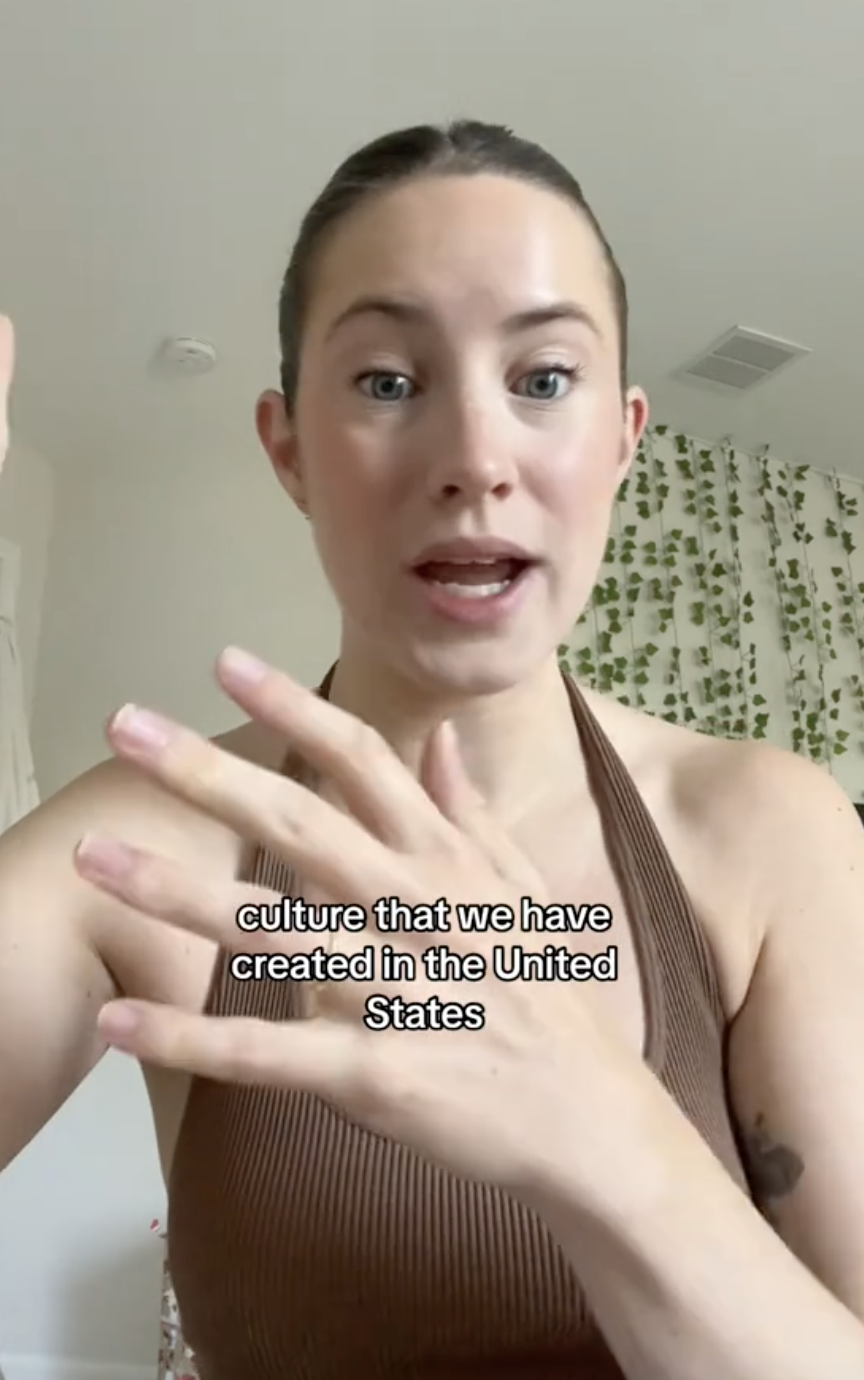
"And before someone makes this about something it's not, I'm coming to you as a leftist who cares about equity and inclusion, so those are not the things I'm talking about. I'm talking about when I sit down after a long day, and I come into god's internet, and I see videos that are like, 'Here's how to put your hair up into a really cute hairstyle,' and someone comments and is like, 'WHAT IF I'M BALD?!'"
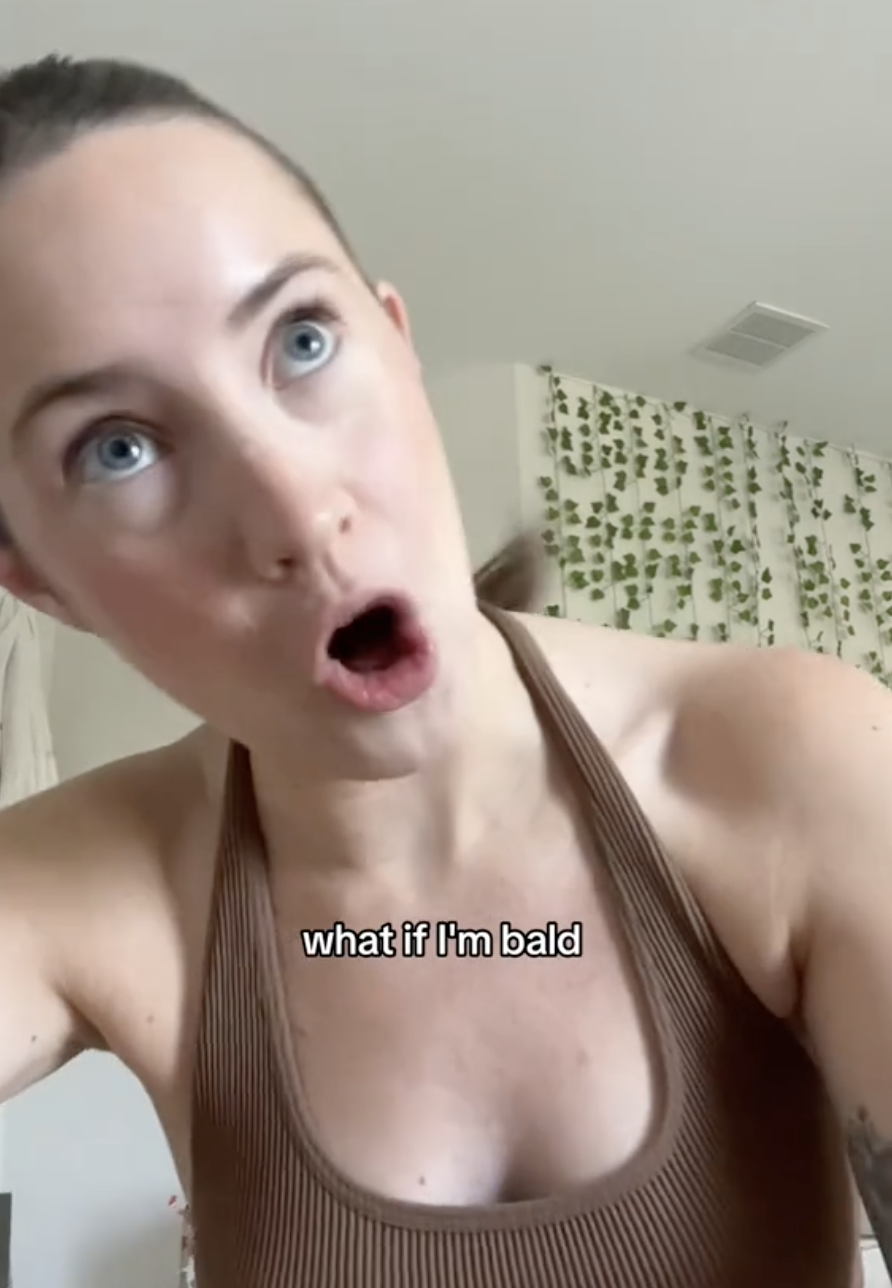
Sarah concludes her video by saying, "So, when you come onto this app, and you see a video, and you have the urge to comment something like, 'Well, what about my very specific scenario?'...I'm gonna encourage you to stop, use your noggin, and remember that things are nuanced. Not everything can apply to every single person, and there doesn't always need to be a specific accommodation for you."
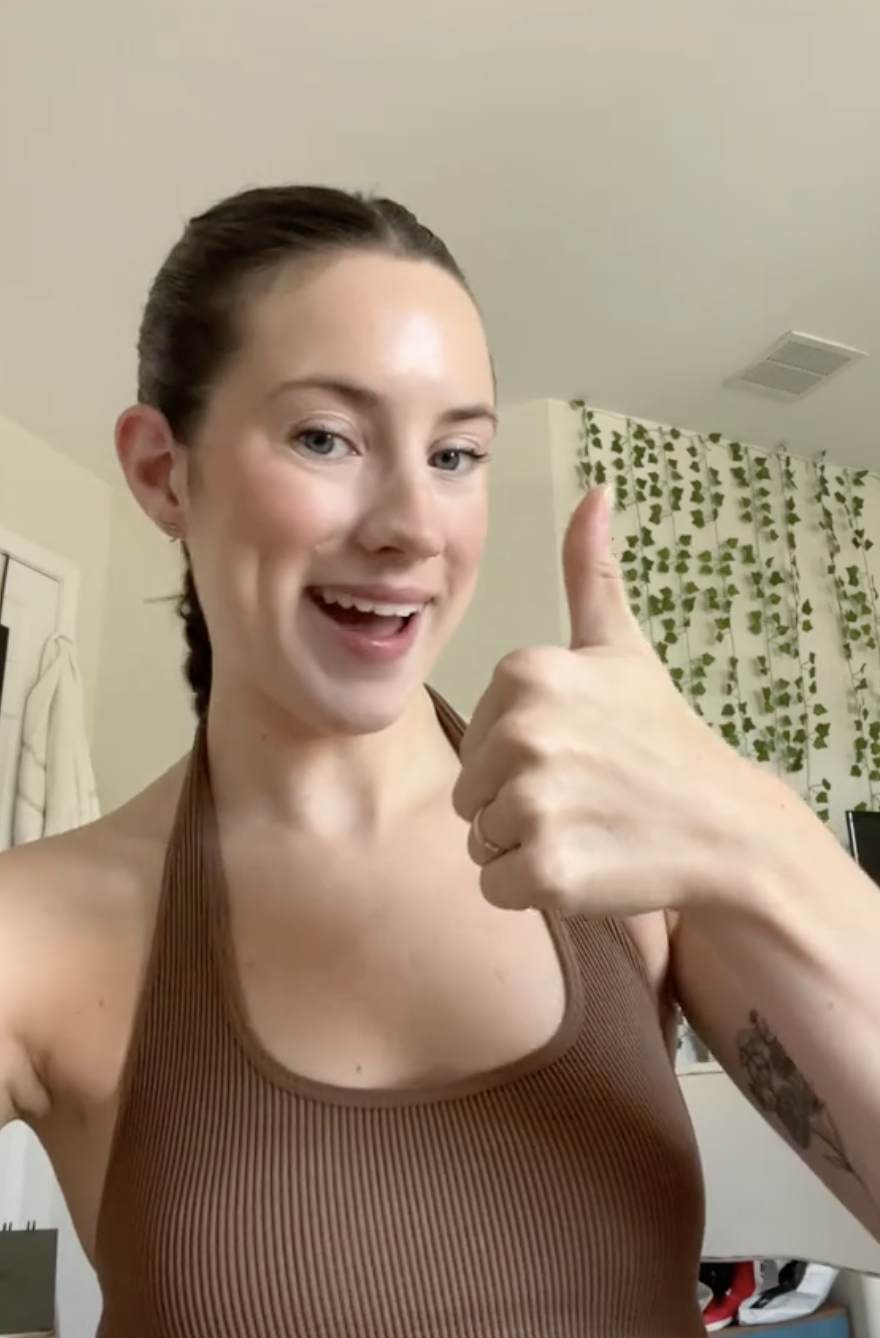
Thousands of people commented on Sarah's video and agreed that the What About Me nonsense has gotten completely out of control:
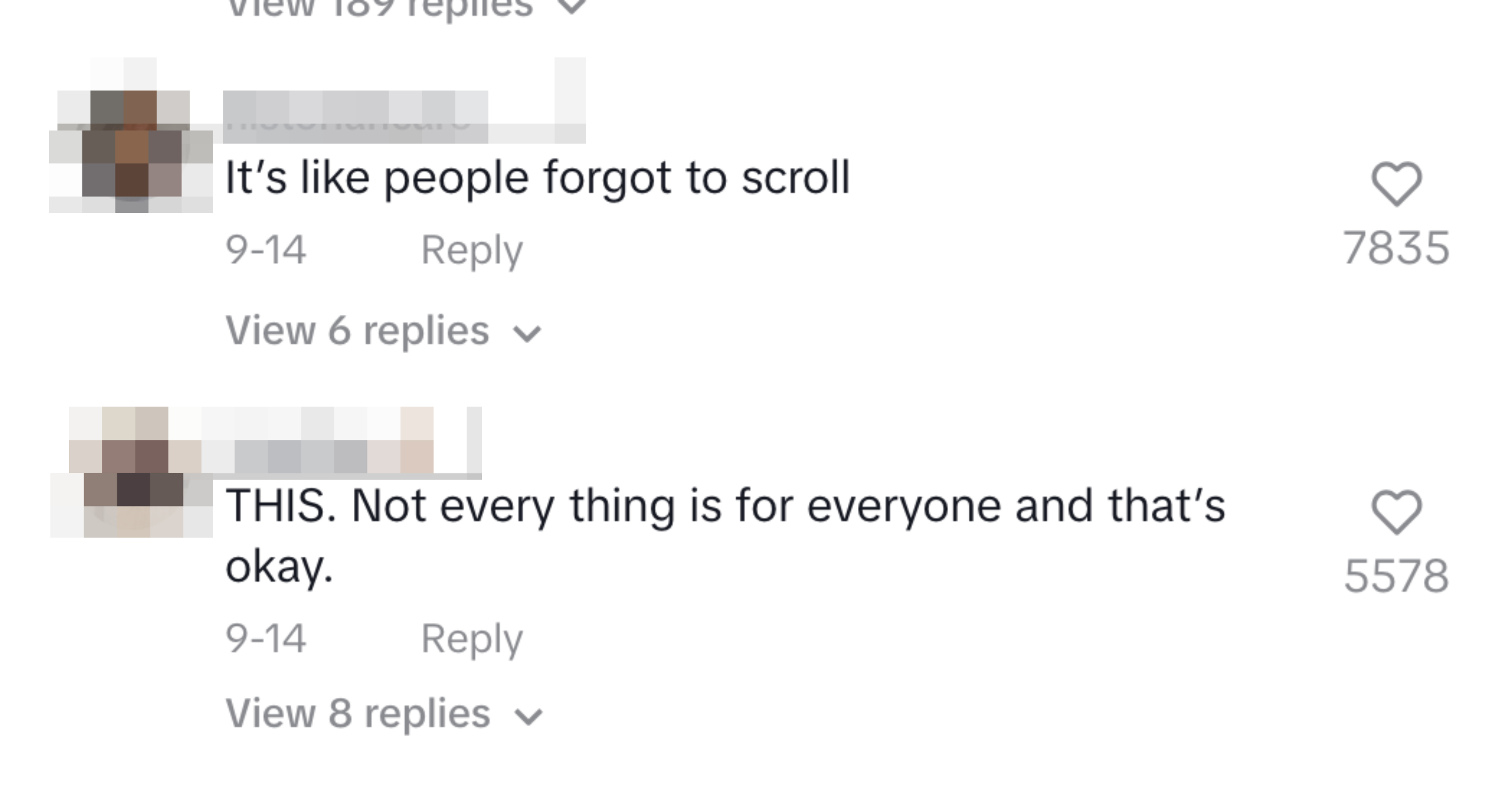
And others even chimed in with their own examples of the What About Me Effect in action:
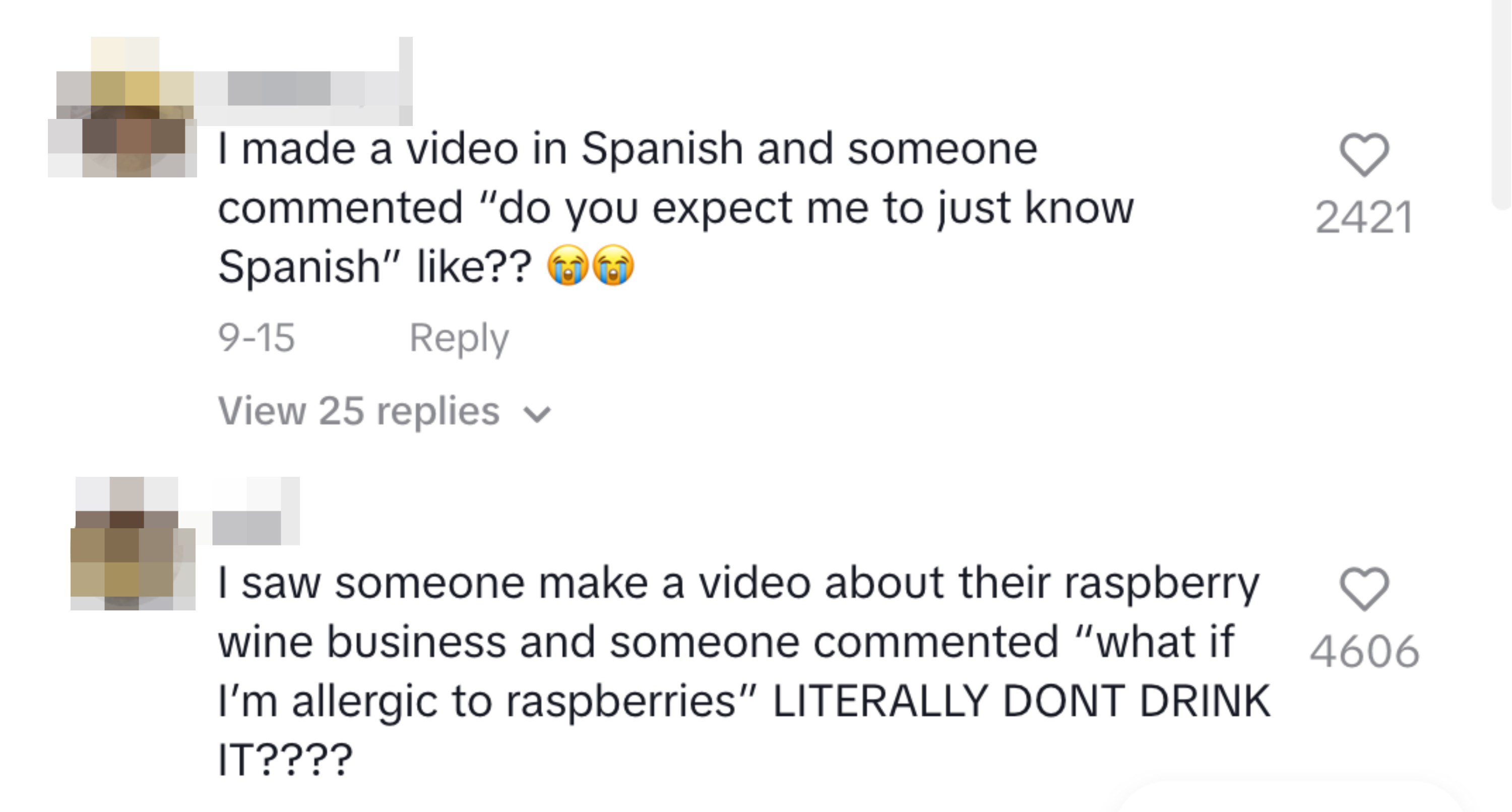
Sarah told BuzzFeed that she was inspired to share her thoughts on the What About Me Effect after seeing one too many frustrating comments on social media. "On one end it was a bit of a rant, and on the other end I find it important to have these kinds of conversations about societal trends we see because it helps us as individuals develop more self awareness of any ways we might be partaking in those trends. I think it encourages self reflection."
She also noted that it's important to keep the What About Me Effect in the right context, and not discourage others from sharing their personal experiences. "We want to be careful that we don’t overcorrect the What About Me Effect problem by discouraging people from asking questions, sharing opinions, or giving a personal anecdote. We relate to one another through sharing things like this, so we don’t need to get rid of that altogether. It’s important for community and connection."
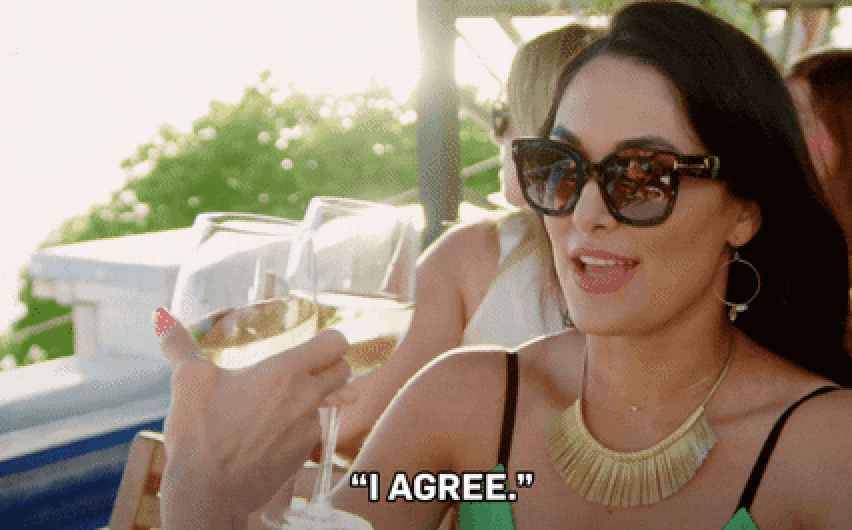
"I also really want to highlight that I am not speaking at all here about real needs for equity and inclusion," She continued, "The frustrating thing is, comments like the ones I’m talking about in the What About Me Effect make a mockery of real arguments for inclusivity, which causes people to not take valid, important points about equity and inclusion seriously. It’s more than annoying comments on TikTok. The ripple effect of those comments is that it prevents marginalized groups with important points to make from being heard. I saw one commenter refer to this as 'weaponizing inclusivity,' and I think that’s a great way of putting it."
When asked if she has any advice for anyone who might be suffering from the What About Me Effect, Sarah responded, "Self reflect. Check your ego. Ask yourself why you feel the need to say, 'Well, what about me?' There are times for a conversation about inclusivity, and there are also times where we as individuals need to recognize that we are responsible for ourselves, and that not every video we see is going to be relatable for us, and it doesn’t need to be."
